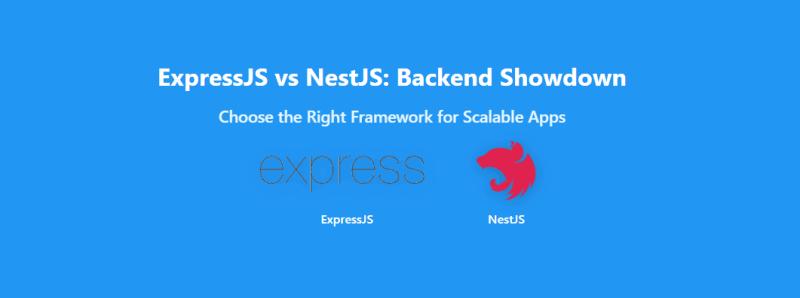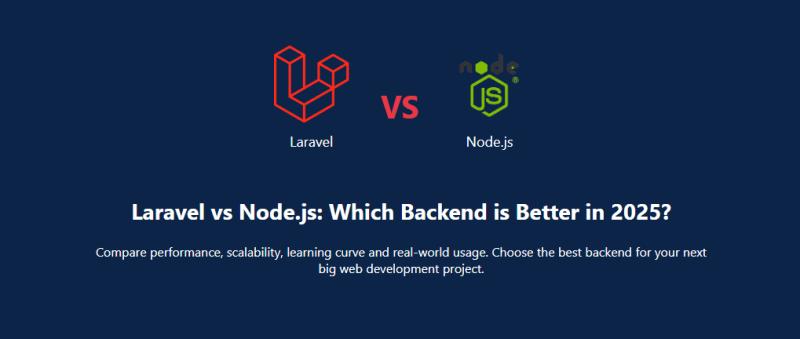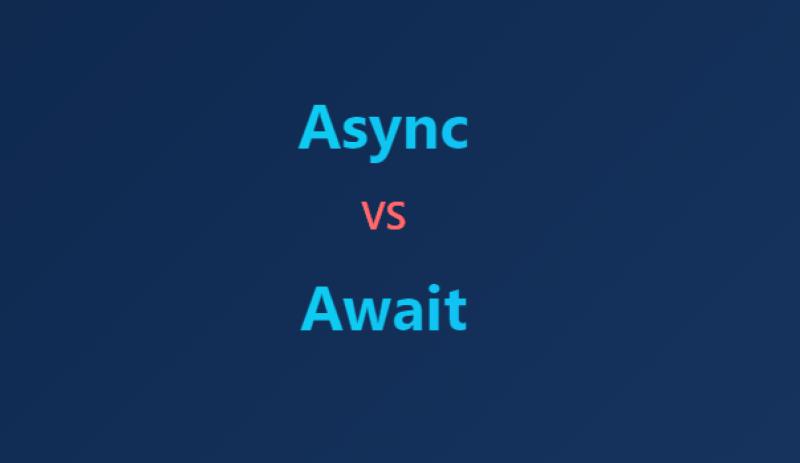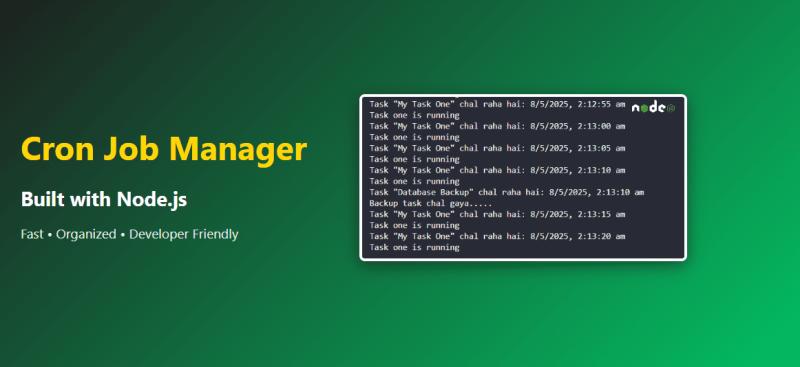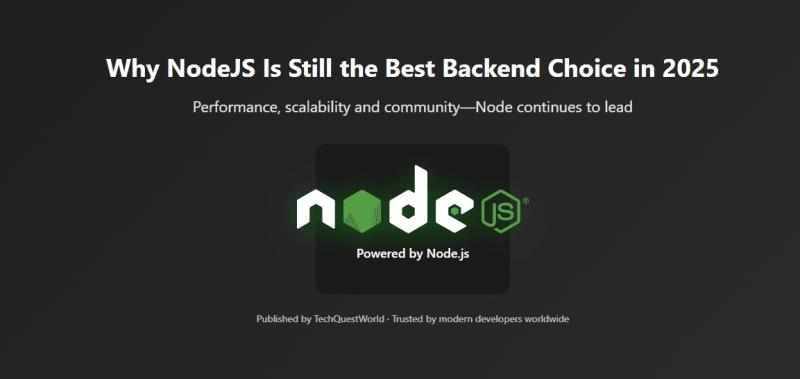Discover the core differences between ExpressJS and NestJS. Whether you build APIs or full-scale applications, this comparison helps you decide which Node.js framework fits your 2025 projects.
💡 What is ExpressJS?
ExpressJS is a fast, unopinionated and minimalist web framework for Node.js, often used for building RESTful APIs and microservices.
🔹 Features:
• Lightweight
• Flexible routing
• Middleware support
• Large community
💡 What is NestJS?
NestJS is a modern Node.js framework that uses TypeScript and feels a lot like Angular—making backend development more structured and scalable. It uses controllers, modules and services and supports dependency injection.
🔹 Features:
• Modular architecture
• Built-in support for WebSockets, GraphQL
• Uses TypeScript by default
• Scalable for enterprise apps
🔹 ExpressJS vs NestJS: Side-by-Side Comparison
| Feature | ExpressJS | NestJS |
|---|---|---|
| Language | JavaScript / TypeScript | TypeScript (default) |
| Architecture | Unstructured | Modular (MVC) |
| Learning Curve | Easy (for beginners) | Moderate (Angular-like) |
| Performance | High | Slightly lower (but scalable) |
| Community Support | Huge | Rapidly growing |
| Use Case | Simple APIs, Microservices | Enterprise apps, Complex APIs |
🔹 When to Use Which?
✅ Use ExpressJS if:
• You want quick prototyping
• Your project is simple or medium-sized
• You prefer custom structure
✅ Use NestJS if:
• You're building enterprise-level apps
• You want a modular, testable architecture
• You're comfortable with TypeScript and decorators
Whether you're a solo developer or part of a big team, the choice between ExpressJS and NestJS depends on your project size, team experience and long-term goals.
